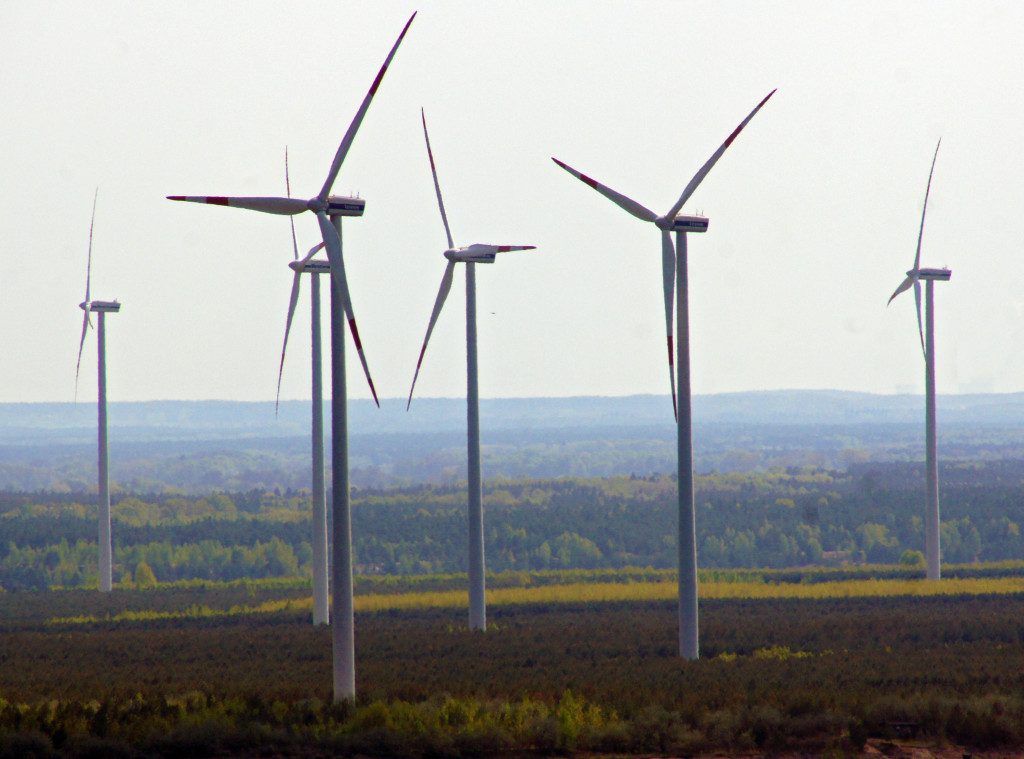
Workshop: Transitions, ‚pileups‘ and the rule of abstract Energy: Energy regimes and social transformations in and beyond the fossil era
Research Workshop with Éric Pineault (UQAM, Montreal/Kolleg Postwachstumsgesellschaften) in Jena, May 15, 2019
In this workshop, we will discuss several related controversies concerning the relations between changes in the energy basis of modern capitalist societies on the one handand transformations of their social and mental infrastructures on the other hand. In his famous book „Carbon Democracy“, Timothy Mitchell has claimed that the material properties of fossil energy sources shape the social, mental and political structures of the societies using them to a very high degree, pre-forming as it were the opportunities and limits of democratization processes. Against this view, Andreas Malm has objected in „Fossil Capital“ that the takeoff of a coal-based industrial economy in 18th century Britain was not the „work“ of coal as a resource itself, but the outcome of an expansionary social logic and mentality that had been at play long before, and that merely found its preferred medium of abstraction from social and material restraints in the innovation of the steam-powered factory. Larry Lohmann and Nicholas Hildyard have emphasized that „energy“ itself is an abstract concept that, analogous to the logic of exchange value, enables economic actors to disregard social and material limitations to their activities and conceive of them as capable of infinite expansion. How such expansion has been enabled again and again in the course of the past two centuries by adding oil, gas, nuclear and other energy sources to the energetic base has been demonstrated by Vaclav Smil. His empirical analyses of global energy use in the fossil era amount to the thesis that these energy sources, rather than being the drivers of expansion in several stages that societies have successively ‚transitioned‘ through, have in fact progressively ‚piled up‘ to meet a ceaselessly expanding energy demand. Based on texts by these authors, we will discuss these and related issues, with a particular focus on what conclusions may be drawn from these debates in view of the necessity of far-reaching change that societal energy systems will face in the near future if a post-fossil, bio-based economy and society is to be achieved and catastrophic global warming averted.


